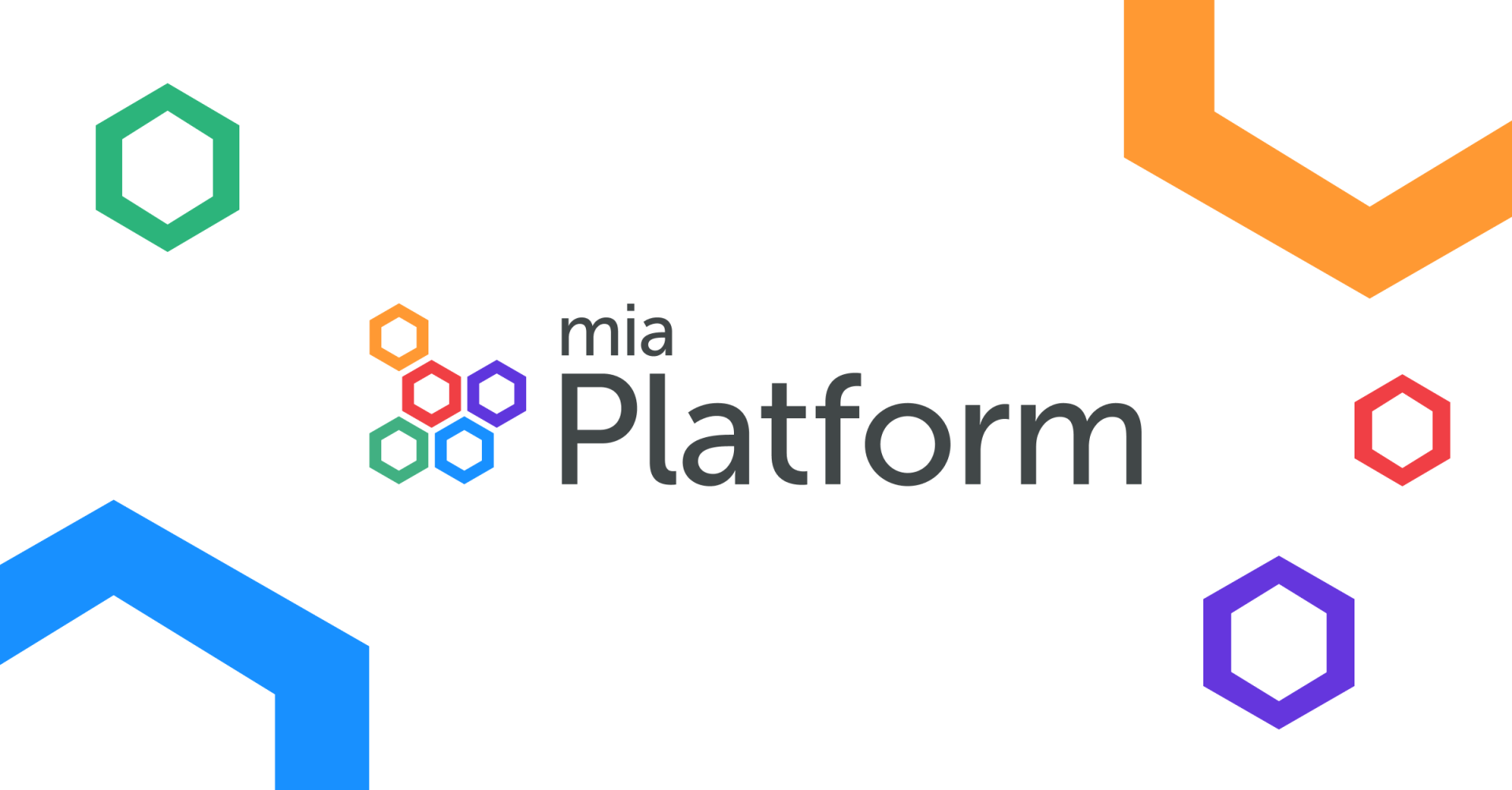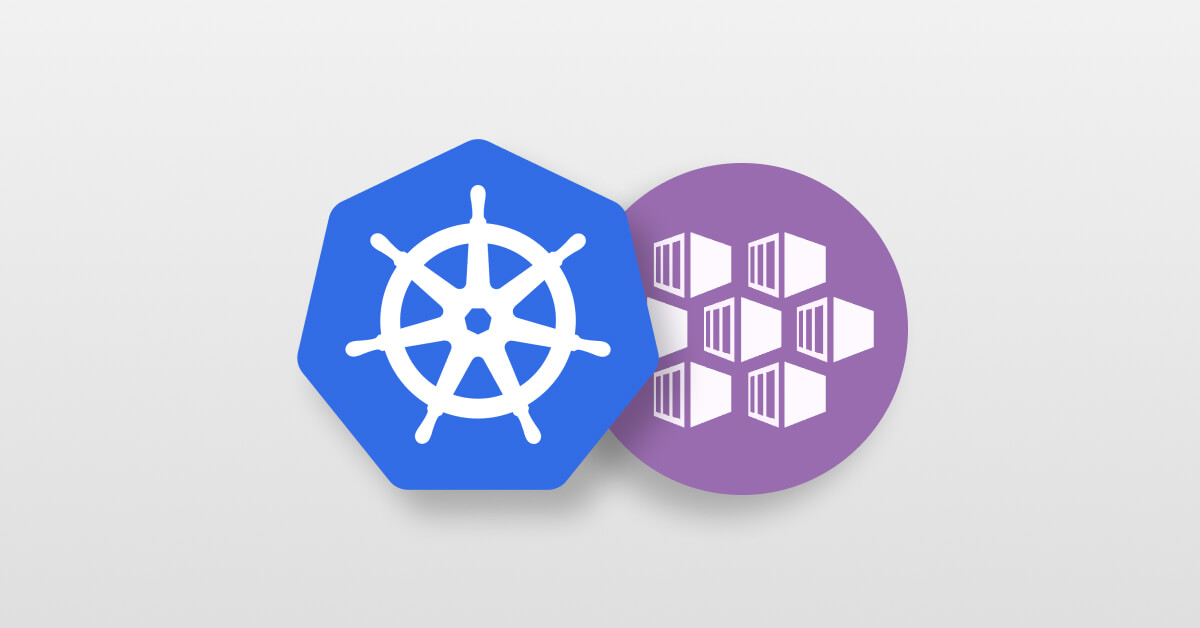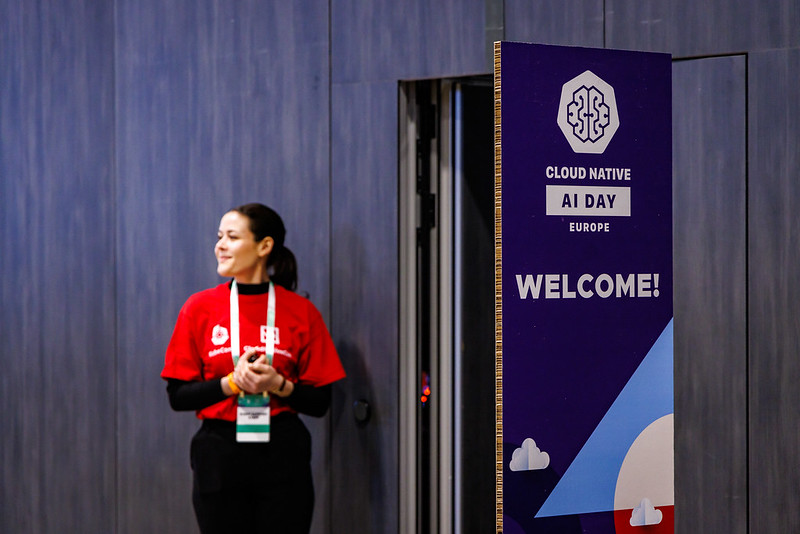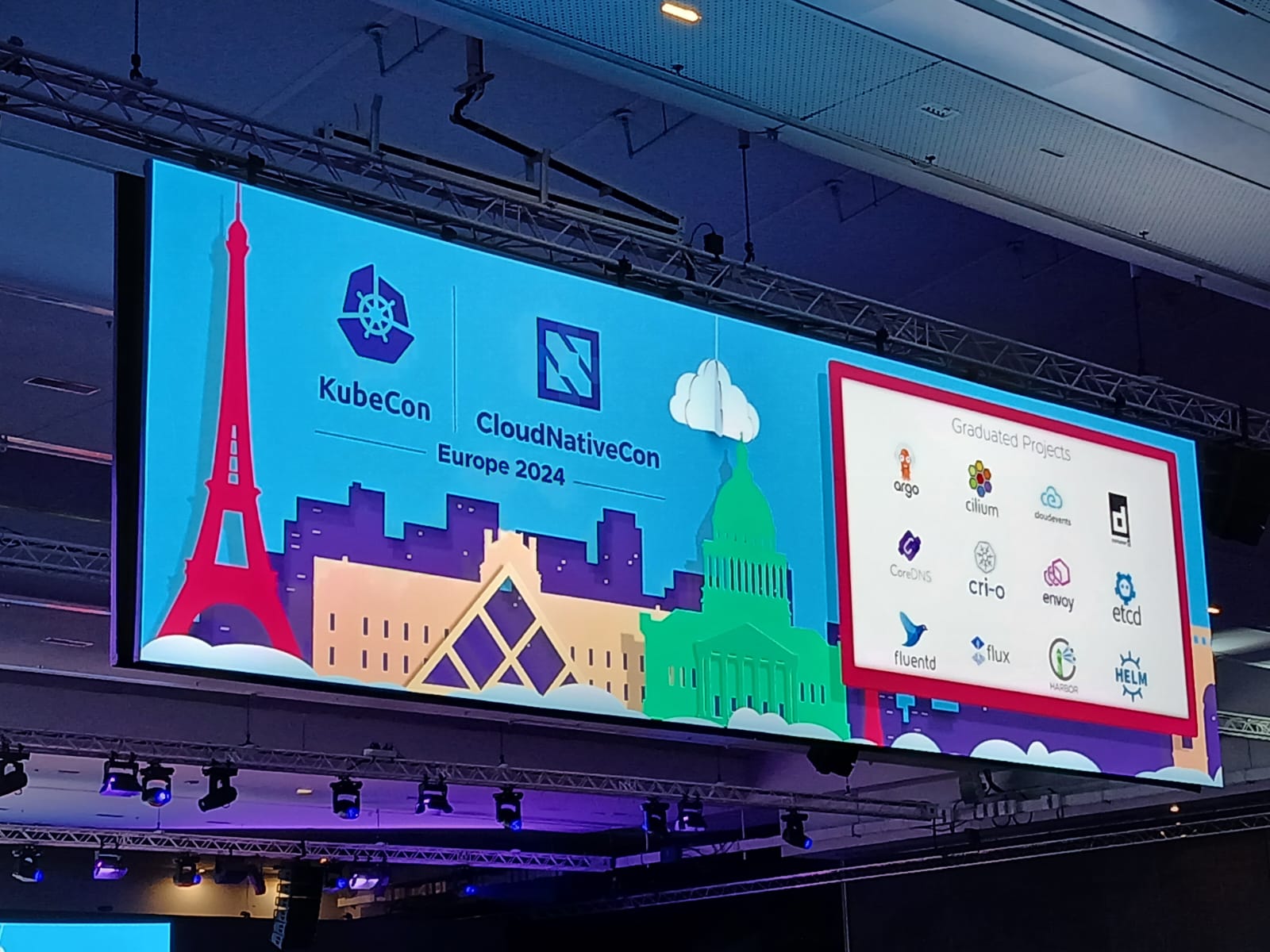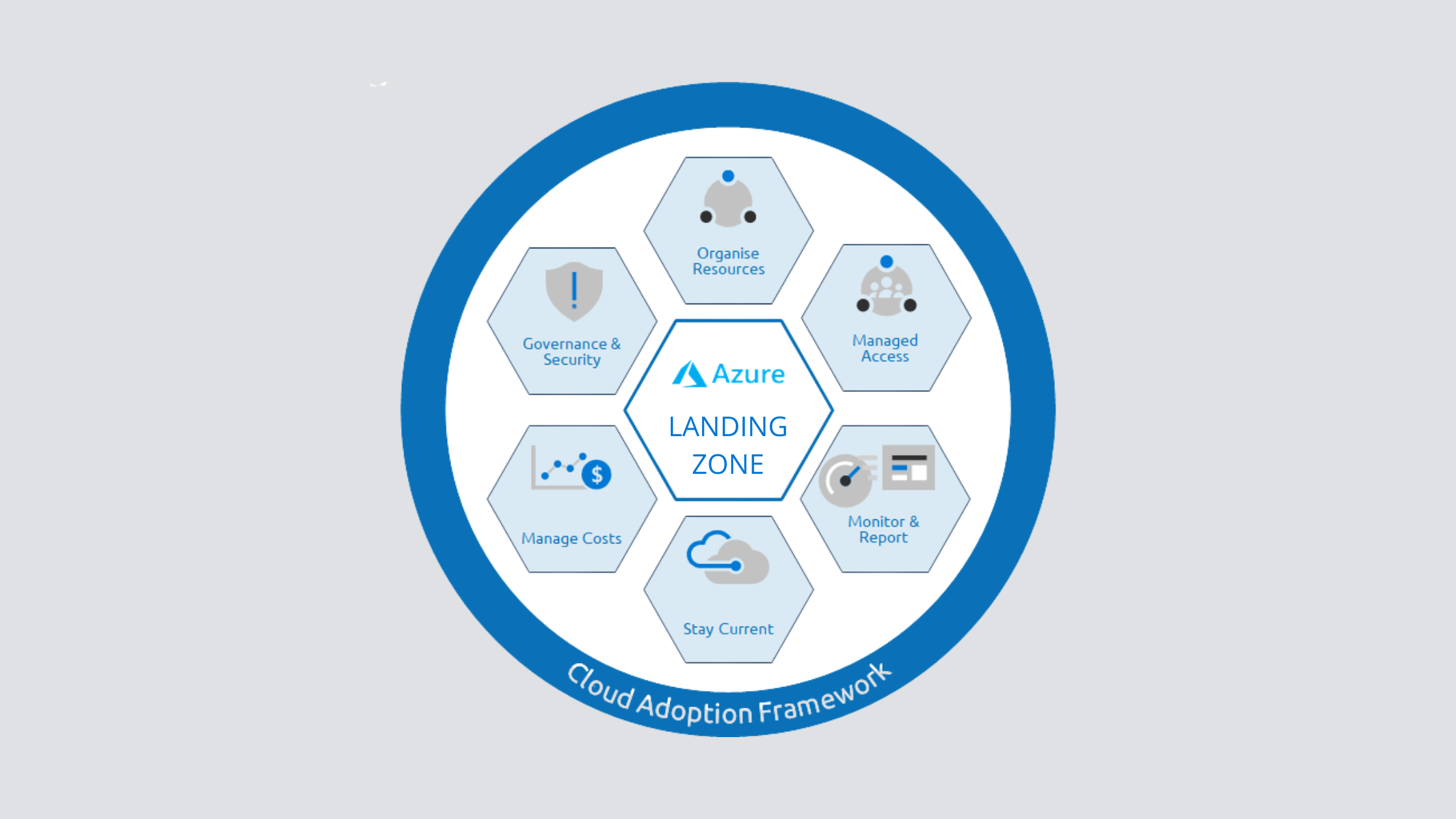Certified Kubernetes Administrator (CKA)
-
Nicola Benaglia
- 29 Aug, 2018
- 02 Mins read

Yesterday I received the email from CFCN with the score of my Certified Kubernetes Administrator (CKA) exam: PASSED.
First of all I want to thank Sorint for the opportunity. It's not so common (at least in italian firms) to be dedicated almost fulltime for months to a specific subject like orchestrators and in particular Kubernetes.
After an intense period of studying and specialization in containers and orchestrators, I was asked to take the certification, and I took it like a way to verify my preparation.
The CKA exam is managed by Linux Foundation and includes a Confidential Agreement about the content of the exam.
So I will not write details about questions of the exam.
Instead I find more useful to describe the preparation path that led me to that result.
Step 1: Docker and containers
I started studying Docker with the support of the book "Docker in action" by Jeff Nickoloff.
Containers are the basic of all orchestrators' work, so they deserve a very deep understanding.
Step 2: Kubernetes
Here the list of books that gives you a solid base of theory:
"Kubernetes in action" by Marko Luksa
"Kubernetes: Up & Running" by Kelsey Hightower, Brendan Burns, Joe Beda
"Building Microservices" by Sam Newman
At Linux Foundation I took these two courses:
Step 3: Stackoverflow.com
What is a better way to check your skill level than trying to solve other people’s problems and ask help for yours?
I subscribed to "Kubernetes" and "Docker" tags and received mails on a daily basis with a lot of questions. I read them and tried to answer. It's a useful and fundamental exercise. And you meet a lot of skilled people from whom you learn a lot.
Here some of my contributions.
Step 4: Practice on Sorint
At Sorint, we started a new infrastructure for Continuous Delivery and Kubernetes plays an important role. We experimented a lot with it.
This work goes on, because technology never stops evolving.
Step 5: Support to a customer
I had the great opportunity to support a big financial customer for a three months period in configuring Kubernetes and migrating some applications to it.
Step 6: Practice on Google Cloud
My father used to say: "When things go well, everyone feels good, but only when there are problems you see who is really skilled."
So to truly test my level of preparation I adopt the strategy from the following Metallica's song: "Seek and destroy".
I configured a cluster on Google Cloud (you have a 500$ credit when you first activate it) following this great tutorial.
With this cluster running I could break things and try to fix them.
You break it, you make the diagnosis and you fix it (or at least you try ;)
Conclusion and key points
CKA exam requires both theory and practice. You cannot pass the exam without investing enough time in both. What is enough? It depends on the confidence you develop during your preparation.
My whole journey last one year with huge amount of practice.
Hints I give to candidates are:
- be confident with Linux
- learn kubectl and forget graphical UI
- learn tmux
- study the theory
- practice
- practice
- practice
- practice
Good luck on your exam.
